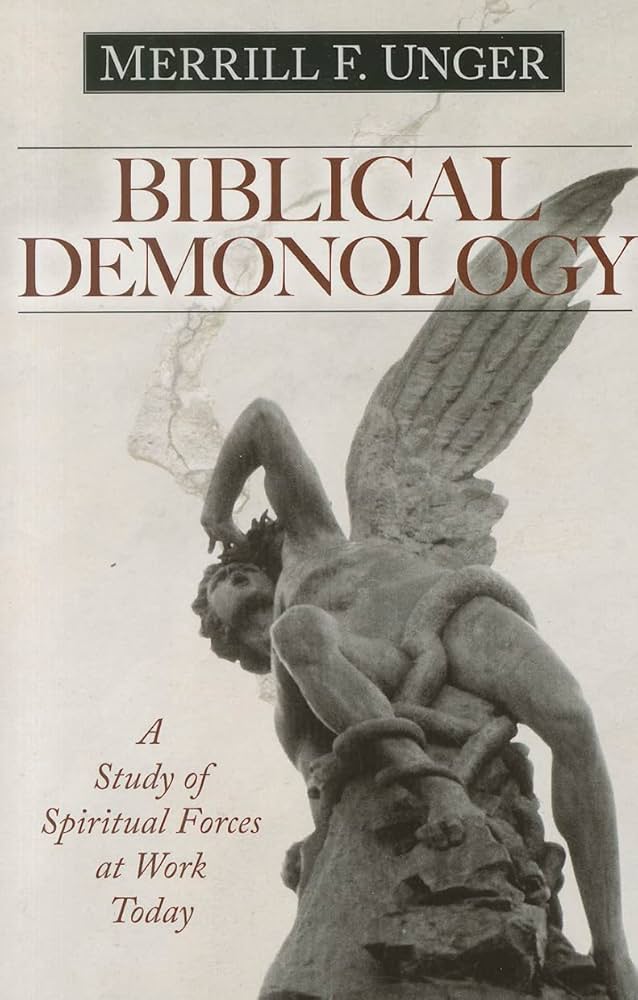A Brief Book Summary from Books At a Glance
by Steve West
Table of Contents
1 The Problems of Biblical Demonology
2 The Origin of Biblical Demonology
3 Biblical Demonology and the Standard of Evaluation
4 The Reality and Identity of Demons
5 Description and Doom of the Demons
6 Biblical Demonology and Demon Possession
7 Biblical Demonology and Magic
8 Biblical Demonology and Divination
9 Biblical Demonology and Necromancy
10 Biblical Demonology and Heresy
11 Biblical Demonology and World Government
12 Biblical Demonology and Eschatology
13 Biblical Demonology and Deliverance
Summary
Chapter 1: The Problems of Biblical Demonology
The supernatural realm, and the existence and activity of both angels and demons, is fundamental in the biblical record. Every culture in history testifies to the reality of evil spirits, and we cannot understand religion or the world if we disregard their activity. Students of the Bible need to study this topic, but also recognize that the Bible does not reveal everything about it. The real problem is not the Bible’s silence on aspects of this topic, but rather the faulty interpretations that have been commonly espoused. Some are overly fascinated by the demonic realm, while others are skeptical and deny it. Popular demonology that isn’t properly grounded in Scripture is a mass of superstition and imagination. The NT and early church fathers were sober in their views, but soon after superstition set in, and even the Reformers were not free from it. In pagan cultures there is a pitiable enslavement to superstitious terrors. In the ANE the nations around Israel like Egypt, Babylon, Assyria, Persia, and Arabia were filled with magic and occultic practices. The Koran carries on their views of jinn and spirits. In the naturalistic worldview, the problem is not superstition but hyper-skepticism and the rejection of the supernatural. The presuppositions and methodologies of naturalistic science preclude an investigation of the supernatural and evil. Naturalism denies revelation, and this makes understanding demonology impossible. Both naïve superstition and excess skepticism distort the facts and lead to erroneous conclusions. . . .
[To continue reading this summary, please see below....]The remainder of this article is premium content. Become a member to continue reading.
Already have an account? Sign In
